 Wednesday 29th October 2025
Wednesday 29th October 2025
At 21 years old, Kshamya Mittal is already shaping the future of manufacturing. As a level 6 apprentice in IT data analysis at Schneider Electric’s Leeds plant, she is gaining a full undergraduate degree while building an impressive track record of achievements in one of the world’s most innovative engineering firms. Kshamya is part of the new generation who are choosing apprenticeships as a pathway to professional success— combining academic study with real-world, hands-on experience.
 Friday 20th June 2025
Friday 20th June 2025
Monday (23/6/25) marks International Women in Engineering Day (#INWED25), highlighting the achievements, contributions and impact of women engineers, while inspiring future generations to pursue careers in engineering. Leeds Manufacturing Festival fully supports the drive to make the sector more representative and has already been featured in the year-long 365 Faces of STEM campaign, being run by festival sponsor Enginuity, to promote diversity and positive role models in manufacturing and engineering.
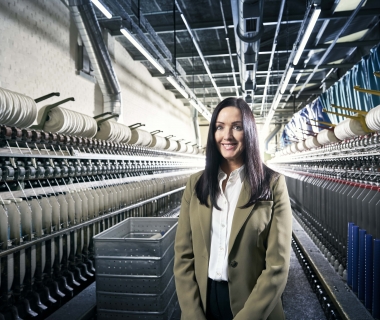 Wednesday 7th May 2025
Wednesday 7th May 2025
Amanda McLaren, Managing Director of AW Hainsworth describes the 'generational shift' that has taken place in recent years at the Leeds textile firm, the result of a strategy designed to give young people a future in manufacturing that's meaningful, innovative, and full of opportunity.
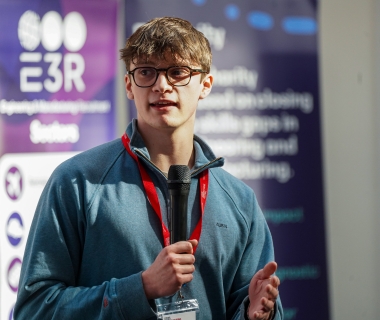 Wednesday 7th May 2025
Wednesday 7th May 2025
Cameron Pinder, an apprentice with medical device manufacturer Kirkstall Precision Engineering, won the gold medal at WorldSkills UK in November last year. Speaking at the launch event for the 2025 Leeds Manufacturing Festival, he described what winning has meant to him and why more manufacturers should put young employes forward to compete in the ‘Olympics’ of skills.
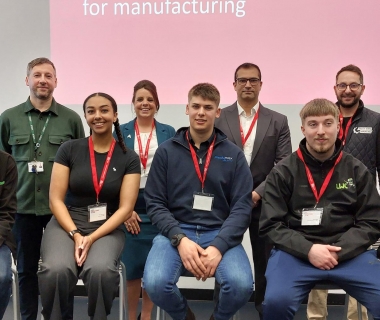 Monday 5th May 2025
Monday 5th May 2025
Employers, training providers and engineering students came together at UTC Leeds in April to learn how T levels and industry placements, which are a key part of the two-year qualification, can create a pathway for apprenticeship recruitment and how employers can adopt best practice to ensure apprentices successfully complete their training. They also heard from a panel of apprentices, who described their experience and what attracted them to careers in manufacturing and engineering.
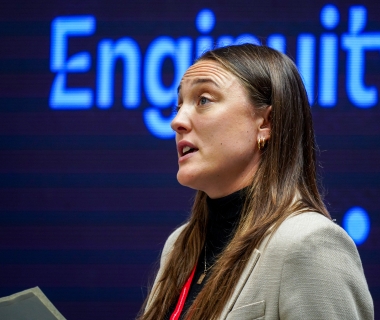 Saturday 29th March 2025
Saturday 29th March 2025
Manufacturing and engineering employers are unable to reliably attract the skills they need to fill many positions, and this is limiting economic growth and prosperity. That’s why it’s vital to appeal to a broader pool of talent to make manufacturing and engineering more inclusive, argues Poppy Bramford, senior policy manager at national skills charity Enginuity.
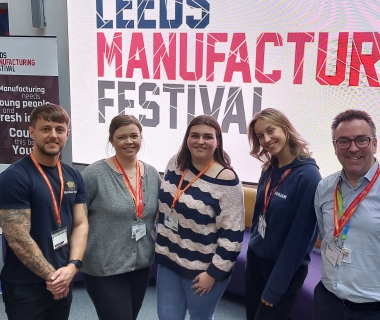 Thursday 27th March 2025
Thursday 27th March 2025
Younger employees are playing an increasingly important role in the Leeds Manufacturing Festival, taking part in recruitment fairs, careers panels in schools and talking to students about what it’s like to work in modern-day manufacturing, as employers bid to attract the next generation into the sector.
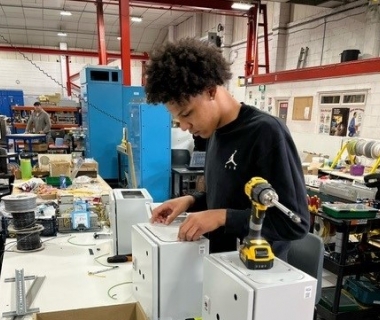 Thursday 29th August 2024
Thursday 29th August 2024
Simon Logan, site services co-ordinator at Technical Control Systems, which designs and manufactures switchboards and control panels, explains how industry placements are helping identify and bring the next generation of engineers into the business.
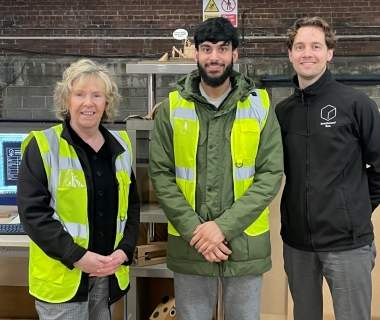 Tuesday 19th March 2024
Tuesday 19th March 2024
Employers in Leeds are starting to see first-hand the benefits of the new engineering and manufacturing two-year T level qualification that is designed to equip students with the right skills and attitude for a career in the industry.
 Friday 7th July 2023
Friday 7th July 2023
Greater engagement between schools, colleges and local employers is at the heart of the Leeds Manufacturing Festival and its aim of promoting the opportunities that careers in the sector present for future generations...
 Tuesday 13th June 2023
Tuesday 13th June 2023
Government figures show that almost half of all apprentices drop out of their course, and 70% of those report problems with the quality of training they receive, with a poor ‘in company’ experience the main factor in leaving their apprenticeship...